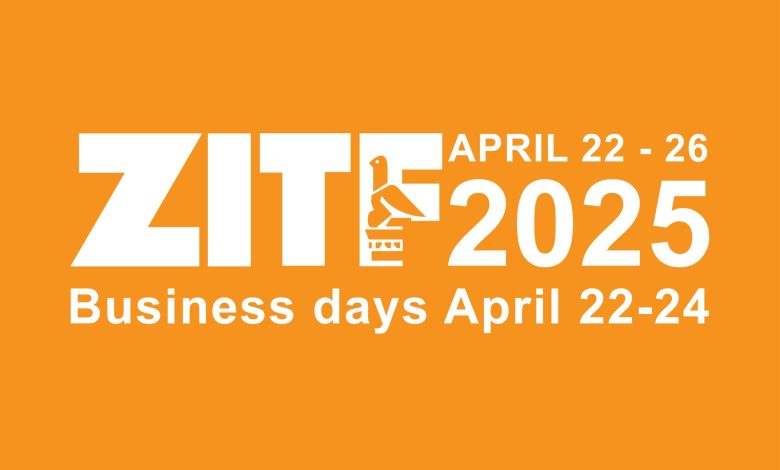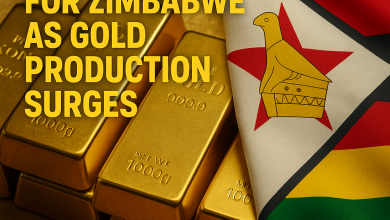
Preparations are in full swing for the 65th edition of the Zimbabwe International Trade Fair (ZITF), set to take place from April 21 to 26, 2025, at the Zimbabwe International Exhibition Centre in Bulawayo. Dubbed the “Blue Sapphire Edition,” this milestone event underscores Zimbabwe’s commitment to industrial growth and economic transformation.
A Milestone Event in Zimbabwe’s Economic Calendar
Celebrating its 65th anniversary, ZITF 2025 is themed “Industrialisation: Crafting an Integrated Economic Landscape,” highlighting the nation’s focus on revitalizing its industrial sector. The fair aims to foster collaboration across manufacturing, technology, agriculture, and value-added services, aligning with Zimbabwe’s broader economic development goals.
Robust International Participation
This year’s fair has attracted significant international interest, with 17 countries confirming their participation and 24 international exhibitors registered, up from 13 in 2024. Over 95% of the exhibition space has been booked, indicating strong enthusiasm from both local and international stakeholders .
High-Level Engagement and Official Opening
The fair will be officially opened by Mozambican President Daniel Chapo, reflecting the event’s regional significance and Zimbabwe’s commitment to fostering international partnerships .
Economic Impact and Opportunities
Beyond the exhibition, ZITF 2025 is expected to stimulate local commerce, tourism, hospitality, and job creation in Bulawayo. It provides a platform for local businesses to showcase their offerings, attract new markets, and engage in technology and knowledge exchange with international partners .
Aligning with National Development Goals
ZITF 2025 aligns with Zimbabwe’s economic diplomacy agenda, emphasizing trade, investment promotion, and international re-engagement. The fair builds on the momentum from the SADC Industrialisation Week held in Harare in 2024, reinforcing Zimbabwe’s strategic vision to transform its industrial sector for inclusive development .
Visitor Information
- Dates: April 21–26, 2025
- Venue: Zimbabwe International Exhibition Centre, Bulawayo
- Business Days: April 22–24
- Public Days: April 25–26
For more information, visit the official ZITF website: zitf.co.zw.




